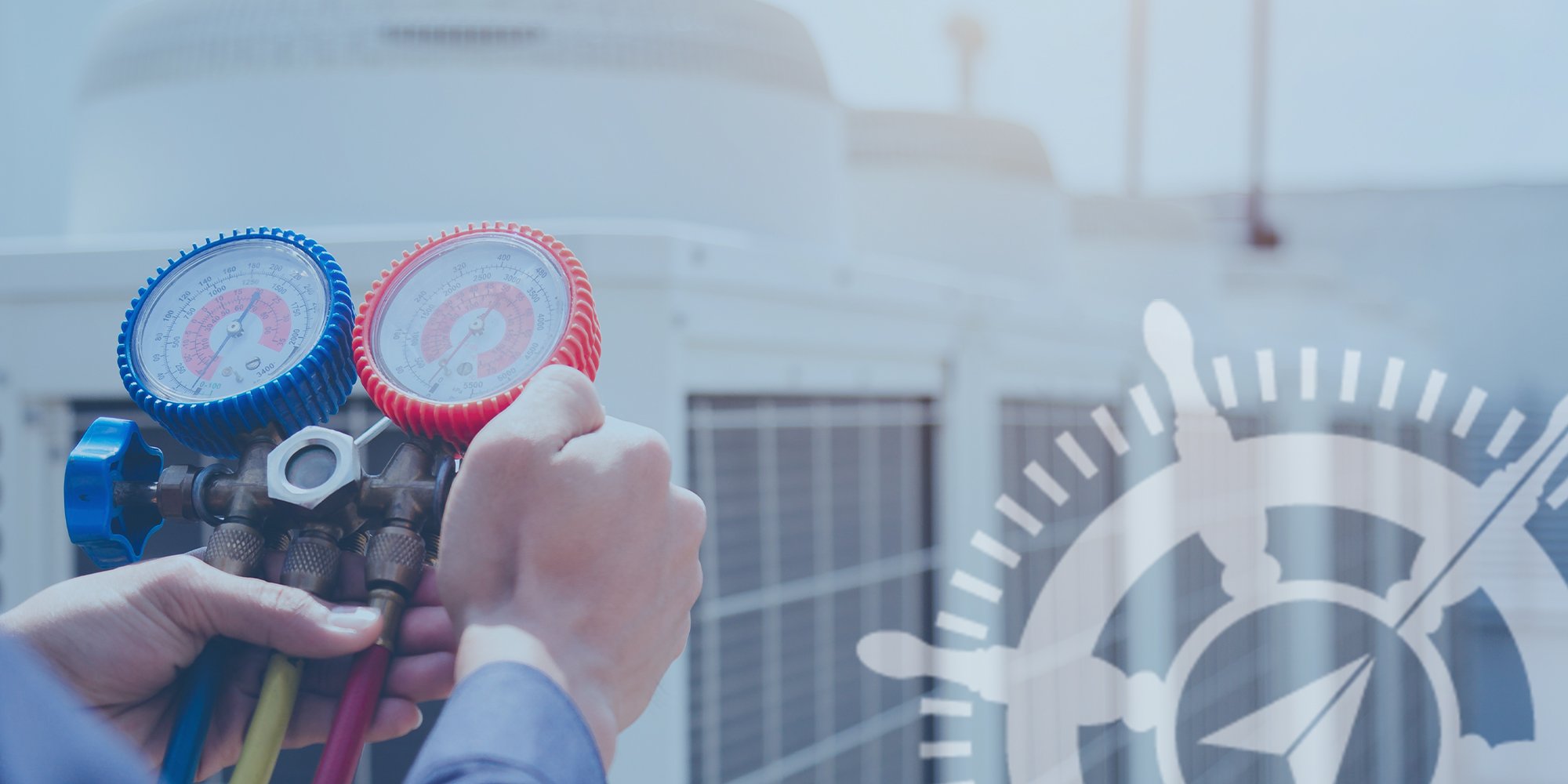


This directory connects homeowners with trusted HVAC companies across the U.S. Whether you're searching by location or looking for specific repair or installation topics, every listing links to a detailed business profile with helpful content, service highlights, and next steps.
Are you an HVAC contractor?
List your business for free and reach homeowners in your area.